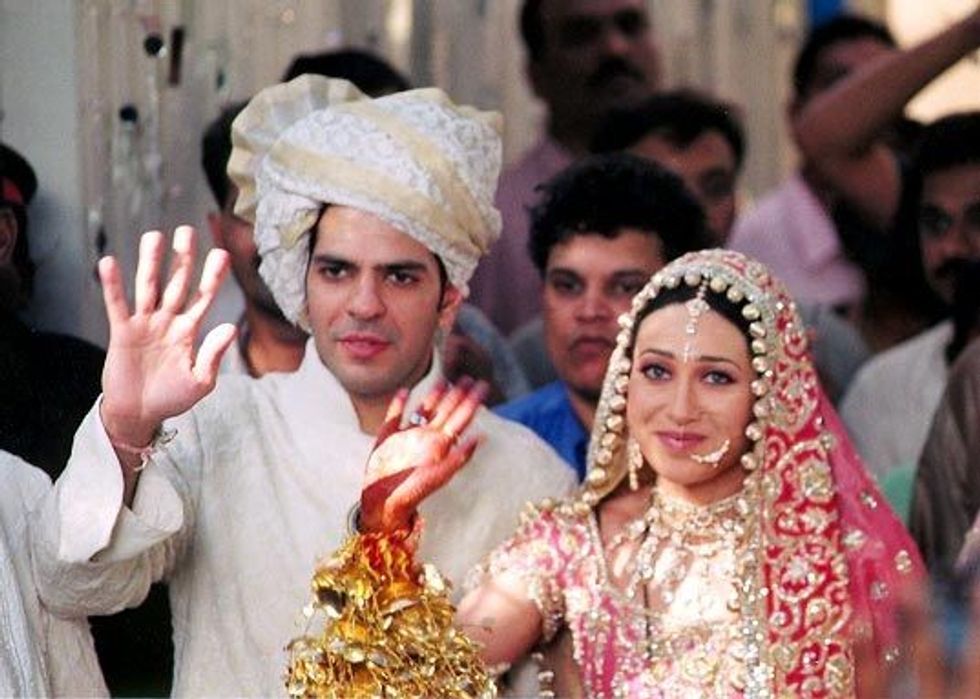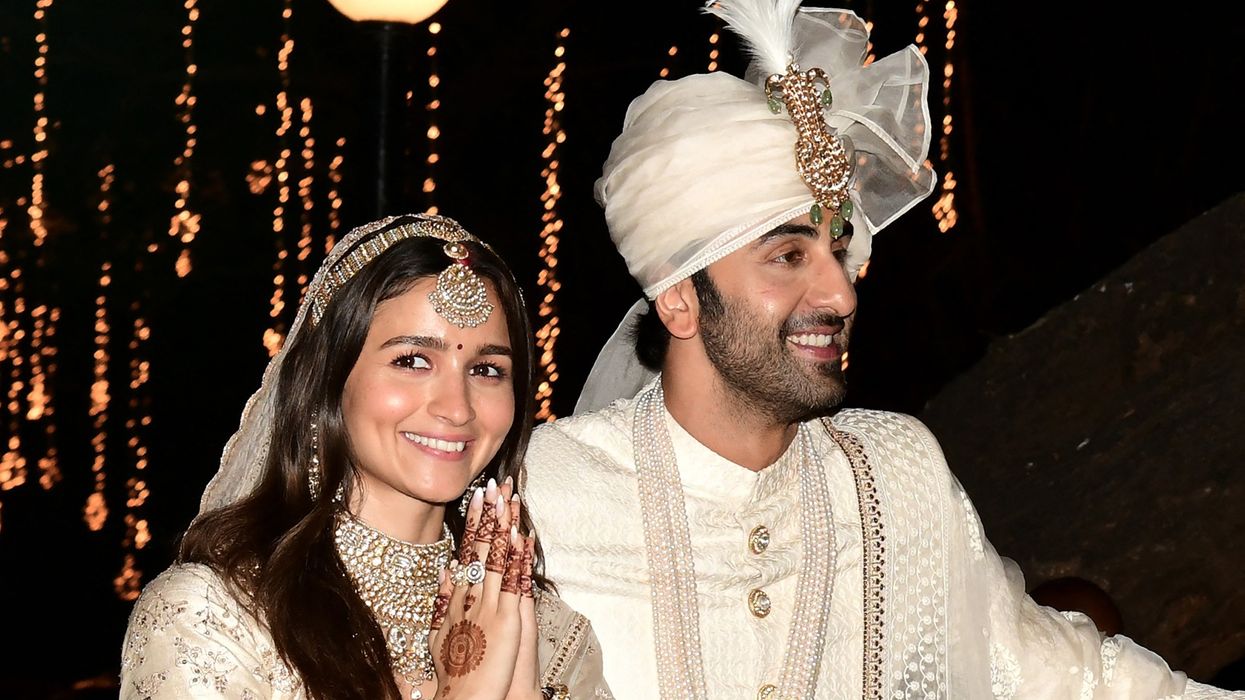This week marks the third wedding anniversary of Bollywood superstars Ranbir Kapoor and Alia Bhatt, who revealed they were dating in 2018 and married on April 14, 2022.
Although joining the Kapoor film dynasty may seem like a dream, there is compelling evidence that marrying into the family has brought misfortune to many women across generations.
With that in mind, Eastern Eye used the Ranbir–Alia anniversary as an opportunity to take a deep dive into the lives of Kapoor brides – from cheating spouses and broken marriages to personal tragedy and untimely death.
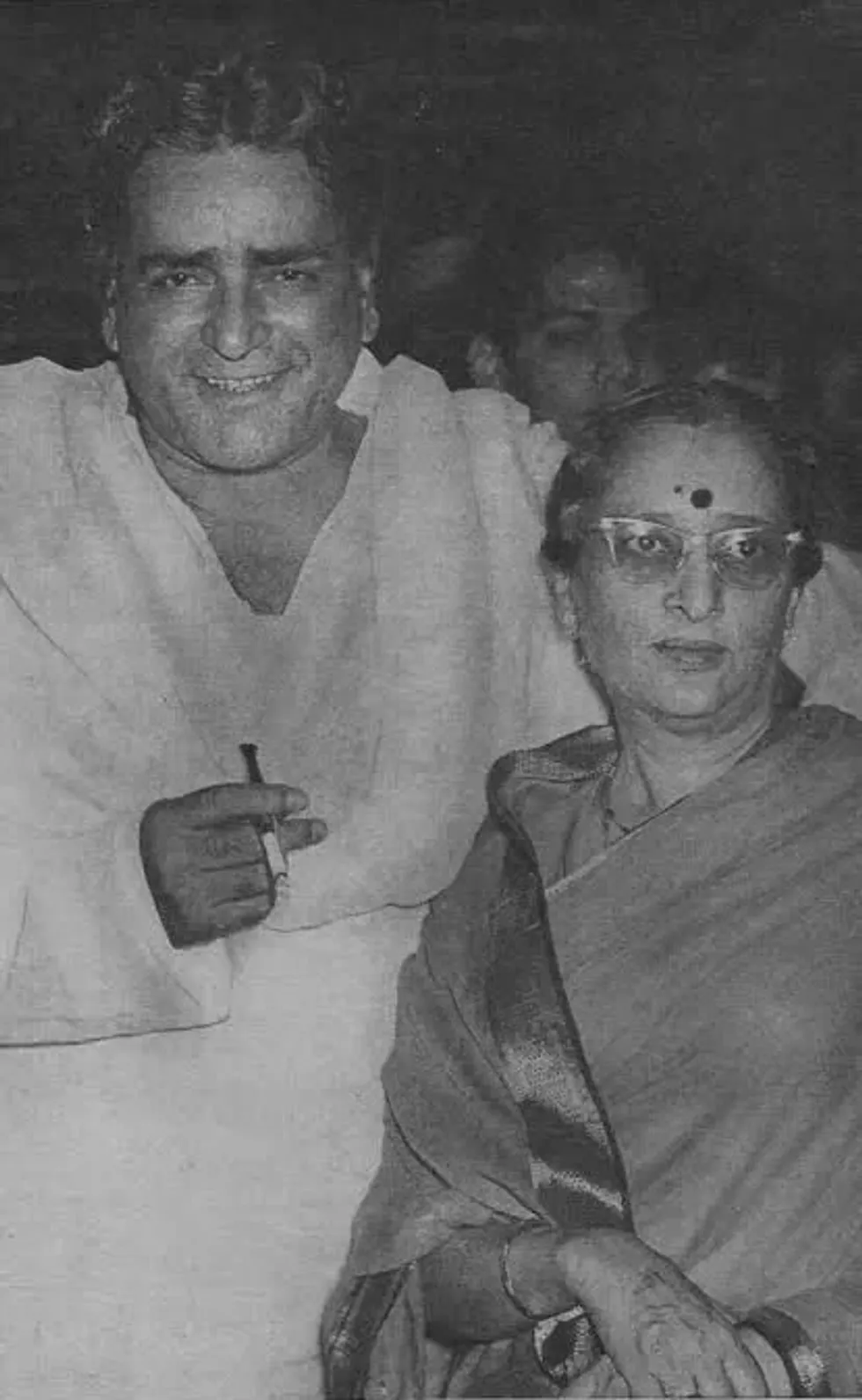
Ramsarni Mehra: The little girl from Peshawar had an arranged child marriage with Prithviraj Kapoor, two years her senior and future founder of the Kapoor film dynasty.
At 15, she moved in with her in-laws and a year later gave birth to Raj Kapoor in 1924. Prithviraj left the young mother behind when he moved to Mumbai to pursue acting. He returned occasionally, and she gave birth to two more children before joining him in 1930.
Shortly after having a fourth child, tragedy struck. In the same week, two of her children died – one from double pneumonia, and the other in a freak accident after swallowing rat poison in the garden.
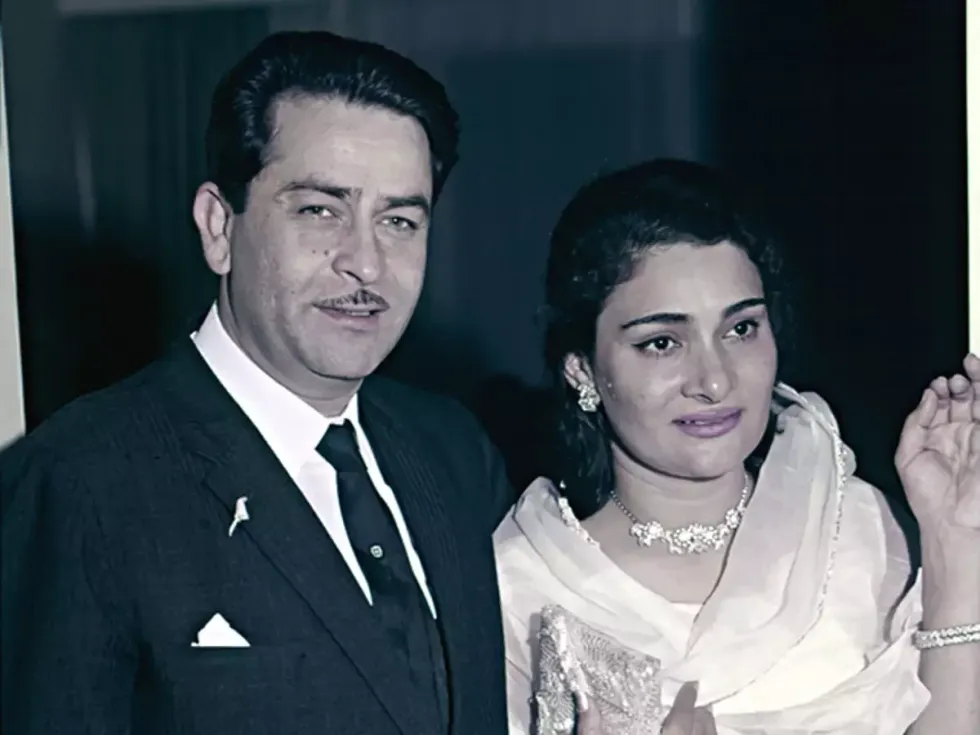
Krishna Malhotra: Before becoming a superstar actor, director and producer, Raj Kapoor married Krishna Malhotra on May 12, 1946. By the early 1950s, he was one of India’s biggest stars.
Though the couple remained married until his death in 1988, he was regularly unfaithful. His most famous affair was with co-star Nargis. Rishi Kapoor later revealed that his father Raj also had an affair with Vyjayanthimala. Things got so bad that Krishna moved out with the children, returning only after the affair ended.
She had to endure heavy drinking and extra-marital affairs by her husband throughout their marriage. Raj once said of his wife, “She tolerated me.”
Geeta Bali: A massively successful star when she met Shammi Kapoor, Geeta Bali married him in 1955 while he was still trying to make his mark.
As per the Kapoor family tradition – one that would affect other leading ladies in the following decades – Geeta was made to give up her flourishing career after marriage. Shammi gained stardom and they had two children.
But their seemingly perfect life came crashing down when she decided to make a comeback in 1965. While shooting, she contracted smallpox and died aged 35. Shammi later proposed to Mumtaz, who turned him down as she was unwilling to give up her acting career. He eventually married Neila Devi Gohil, who had a royal lineage, in 1969. They had no children.
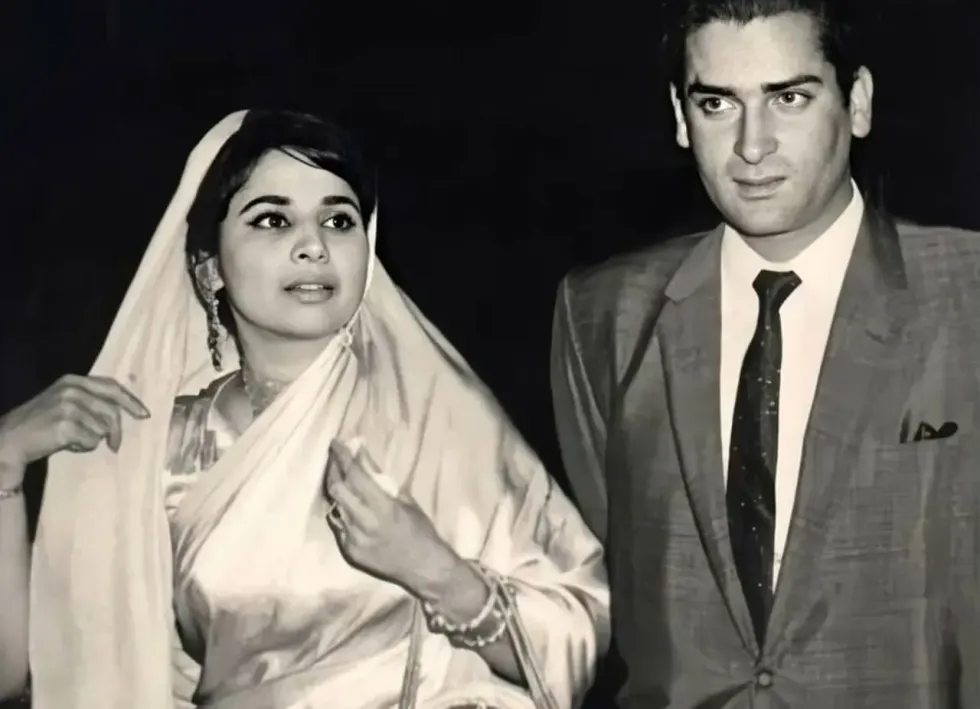
Jennifer Kendal: The British actress was working with her father’s theatre group in Calcutta when she met Shashi Kapoor, who was performing with his own family’s theatre company.
They married in 1958 after overcoming opposition, but because Jennifer refused to give up her career, she was never fully accepted into the tight-knit Kapoor family. As Shashi’s film career soared, Jennifer became increasingly isolated and took on the role of raising their children.
There were press reports of Shashi being unfaithful, though never confirmed. Jennifer died of cancer in 1984 at the age of 51, a tragedy that plunged Shashi into a downward spiral of depression.
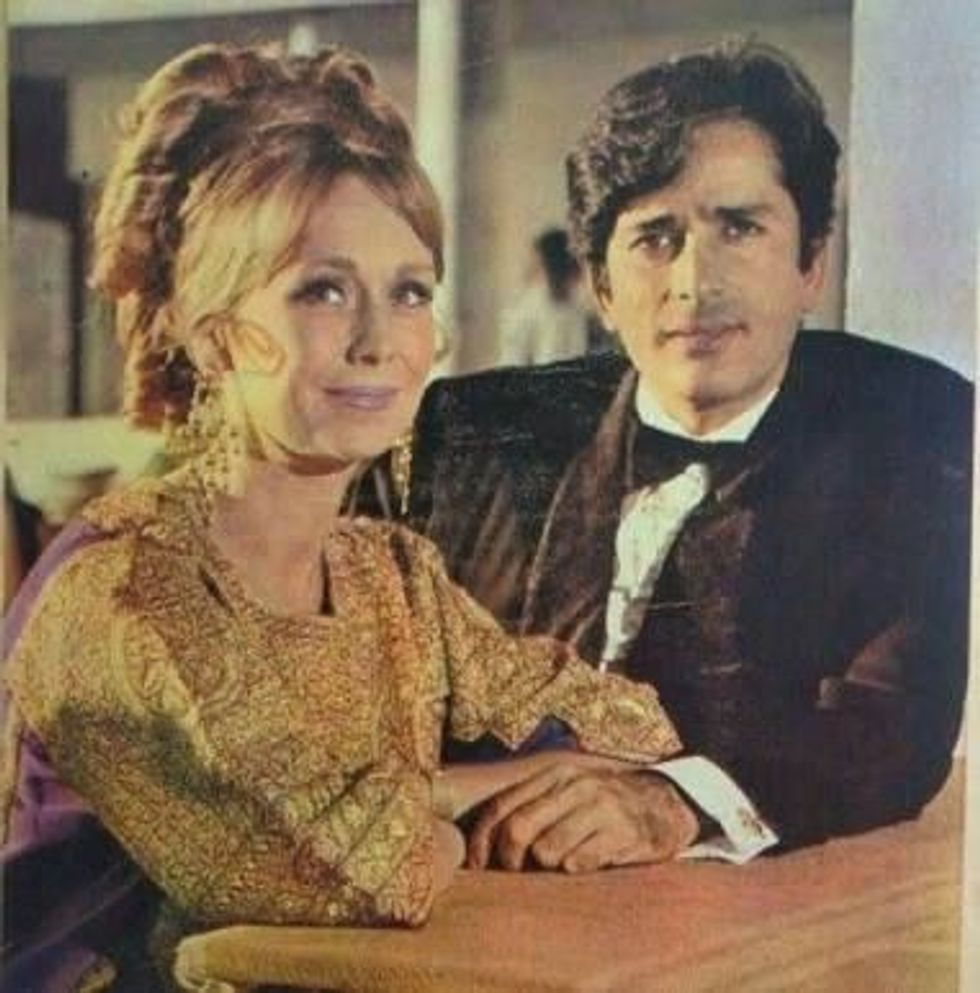
Babita: Daughter of actor Hari Shivdasani, Babita was becoming a successful Bollywood leading lady when she married Randhir Kapoor in 1971. Like other Kapoor wives, she had to give up her career.
As Randhir’s acting fortunes faded and his problems with alcohol worsened, their marriage crumbled. In the late 1980s, Babita walked out with daughters Karisma and Kareena and raised them on her own through tough times.
The couple never officially divorced but reconciled decades later. However, Randhir’s issues, including alcoholism, reportedly persisted.
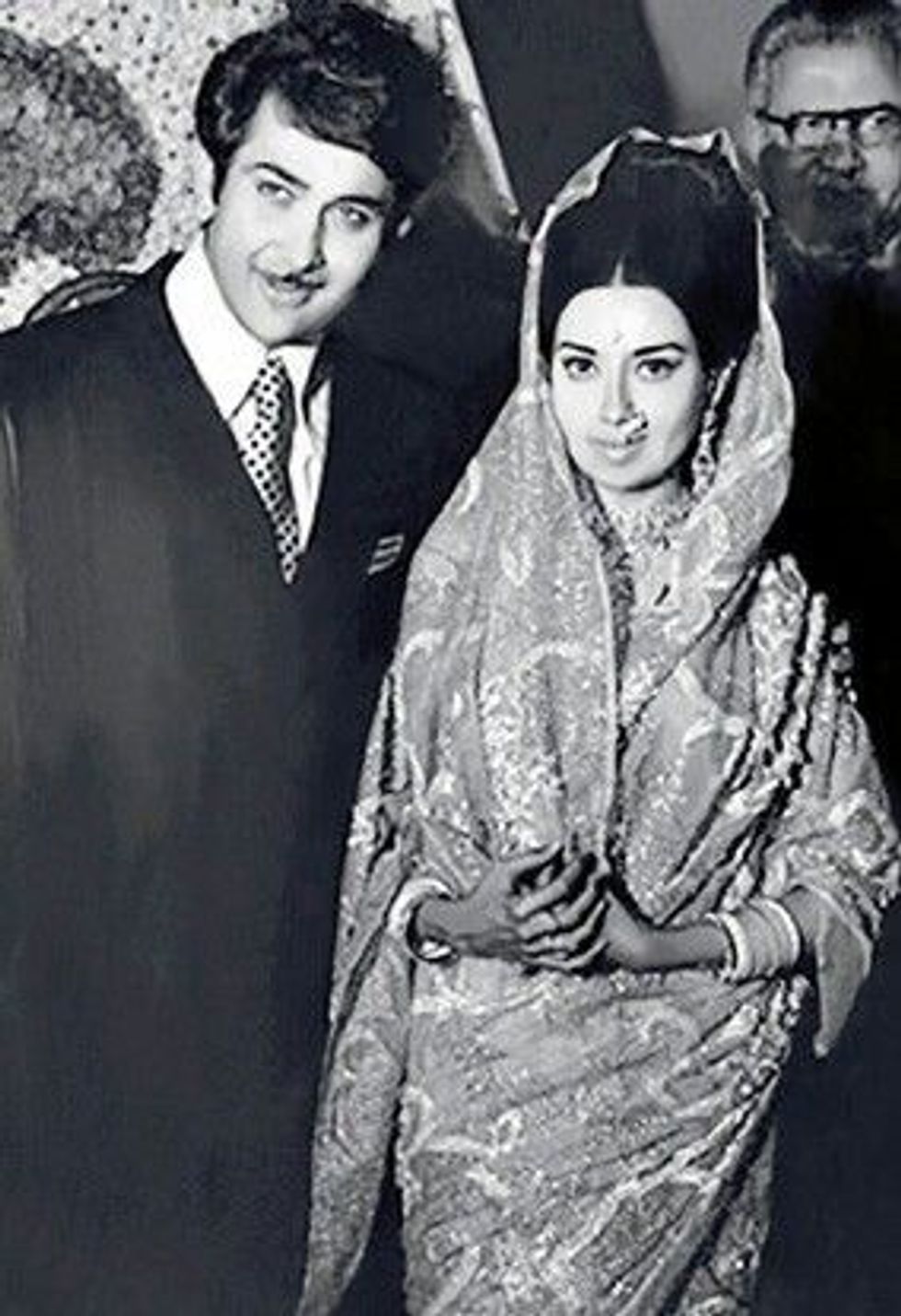
Neetu Singh: Seen as a dream couple, Neetu Singh and Rishi Kapoor married in 1980 when she was at the peak of her career. She too was made to give up acting soon after marriage.
In an old interview that went viral years later, Neetu reportedly spoke of her husband’s extra-marital flings and one-night stands. Like many others in the family, Rishi developed a problem with heavy drinking, which caused mood swings and erratic behaviour.
She quietly endured the emotional toll and only returned to acting much later in life.
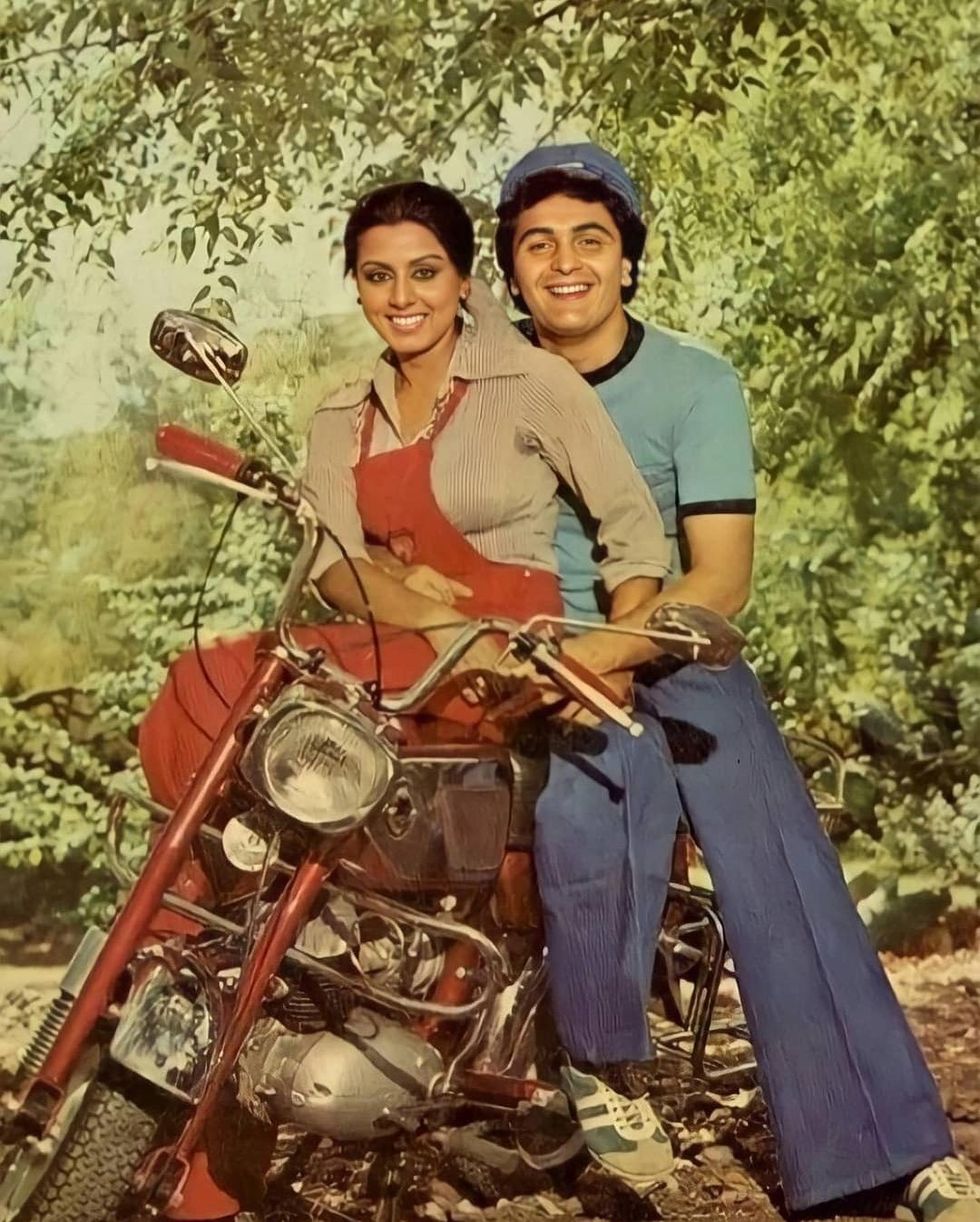
More splits in dynasty
ACCORDING to online reports and Wikipedia pages, both of late actor Shashi Kapoor’s sons – Kunal and Karan – divorced their respective wives. That means their ex-wives, too, became part of this seemingly generational curse by ending up in unsuccessful marriages.
Aarti Sabharwal: An architect by profession, Aarti married Raj Kapoor’s youngest son Rajiv Kapoor in 2001. But Rajiv, haunted by being the least successful Kapoor brother, struggled with his identity.
What started as a dream wedding quickly turned into a nightmare. They divorced just two years later. While no official reason was given, Rajiv also had a history of alcoholism. Aarti moved on with her life away from the public eye.
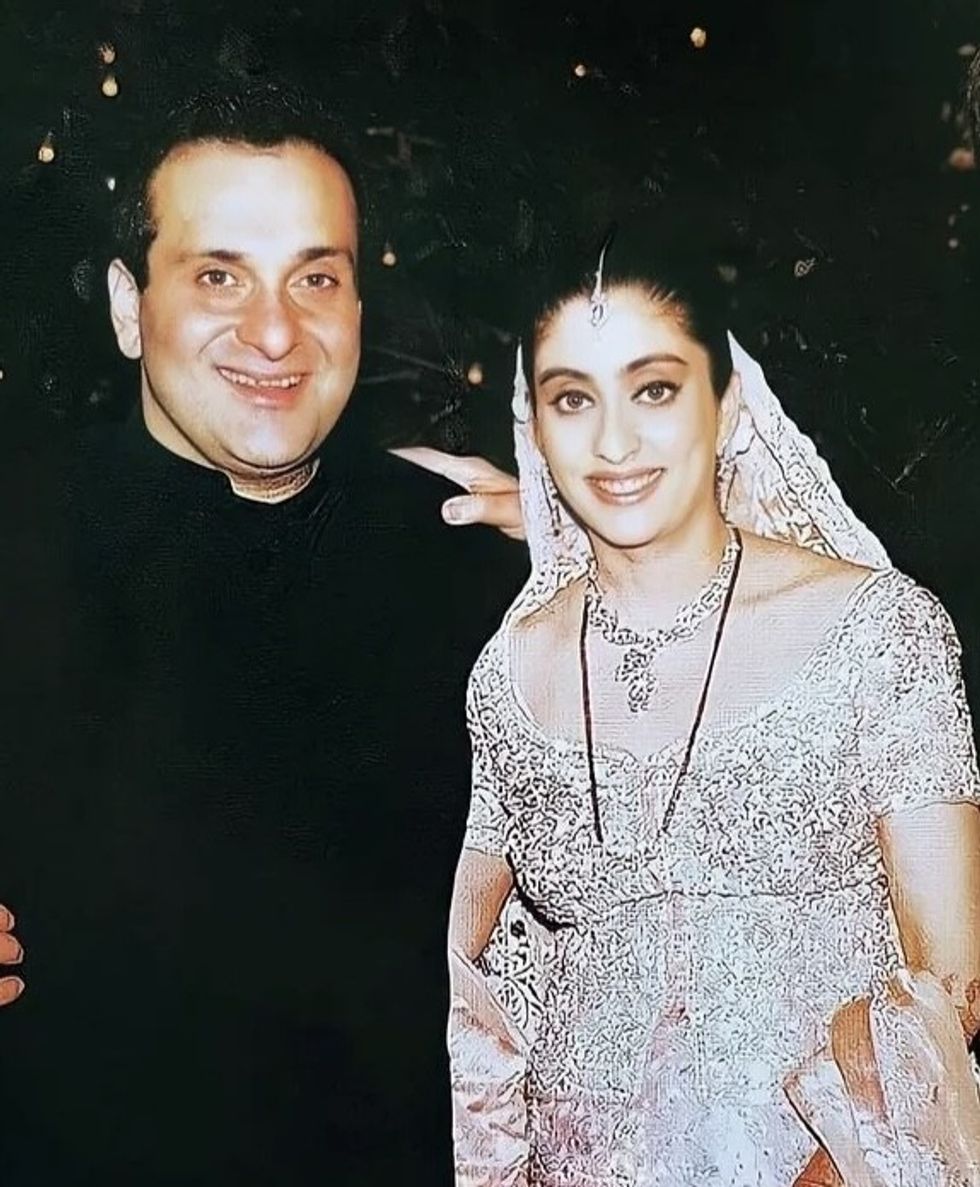
Alia Bhatt: Although it may seem like a fairytale romance, Alia’s marriage to Ranbir Kapoor carries its own drama. Ranbir has long had a reputation as a ladies’ man.
They had a shaky start with what is often referred to as a ‘shotgun wedding’ – a rushed marriage following an unexpected pregnancy. Unlike other leading ladies such as Deepika Padukone, Katrina Kaif and Priyanka Chopra Jonas, who had lavish ceremonies, Alia reportedly tied the knot at home in a low-key affair due to being pregnant.
Their daughter was born less than seven months after the wedding. So far, Alia has avoided the misfortunes faced by other Kapoor brides and has been allowed to continue her acting career.
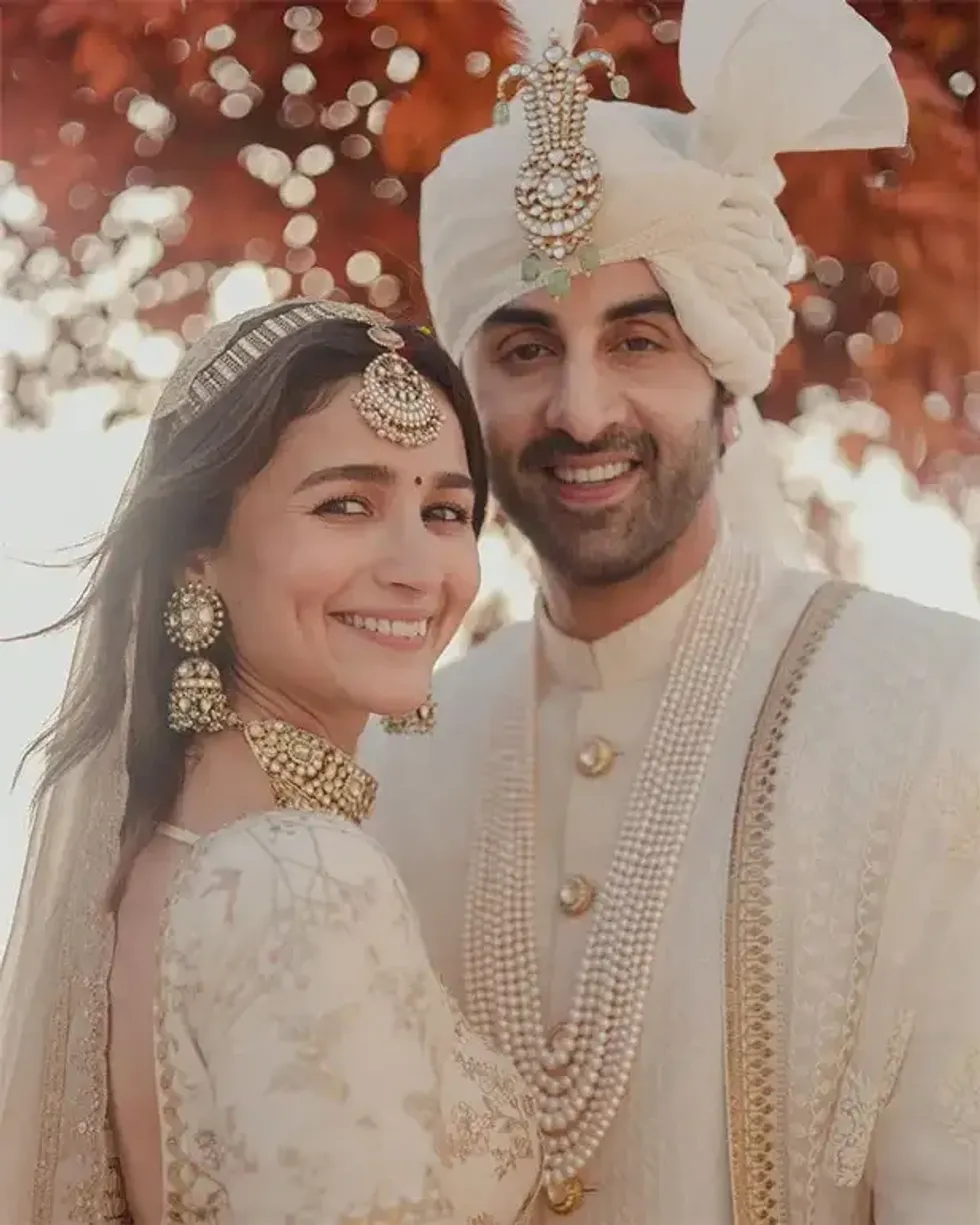
Same fate hits Karisma
Though born into the family, Karisma Kapoor’s own marriage fits the pattern. After her engagement to Abhishek Bachchan was called off, she married businessman Sunjay Kapur in 2003 and had what can best be described as a horrific marriage. Their relationship quickly unravelled, and Karisma revealed shocking details of abuse during their time together – allegations he denied. They divorced in 2016.
